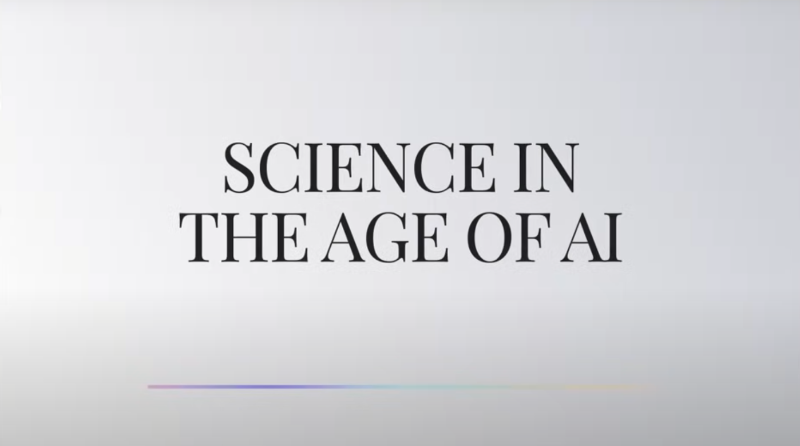by Mary Ann Liebert, Inc
Innate sensors and downstream signaling in AAV recognition and antiviral response. Credit: Human Gene Therapy (2024). DOI: 10.1089/hum.2024.040
Adeno-associated virus (AAV)-based viral vectors used in human gene therapy can trigger innate immune pathways, leading to the initiation of adaptive immune responses. A new review article published in the journal Human Gene Therapy describes the range of likely redundant innate immune pathways that AAV vectors can activate, resulting in an exaggerated adaptive immune response.
Roland Herzog, Ph.D. and Sandeep Kumar, Ph.D., from Indiana University, and co-authors describe innate immunity and the sensing of viral vectors, including sensing of the viral genome via toll-like receptor 9 and toll-like receptor 2 as a sensor of capsid.
They also discuss the role of interleukin-1-receptor-1 in B and T cell activation, cytoplasmic DNA sensors, and cytoplasmic RNA sensors. The review article continues with a discussion of cells that mediate innate sensing, immunity, and the transition to adaptive CD8 T cell responses. Additional topics include innate signals leading to B cell activation and complement activation.+
The authors conclude that "Although AAV vectors contain weaker inflammatory signals than many other viruses or vector systems, they nonetheless elicit innate responses that can have a significant impact on gene therapy."
"Immune responses to AAV vectors have emerged as an important safety concern in human gene therapy trials," says Editor-in-Chief Terence R. Flotte, MD, Celia and Isaac Haidak Professor of Medical Education and Dean, Provost, and Executive Deputy Chancellor, University of Massachusetts Medical School. "Understanding the complex biologic mechanisms that underlie the adverse reactions is the key to overcoming them. This review article nicely summarizes how AAV can trigger specific innate immune pathways."
More information: Di Cao et al, Innate Immune Sensing of Adeno-Associated Virus Vectors, Human Gene Therapy (2024). DOI: 10.1089/hum.2024.040
Journal information: Human Gene Therapy
Provided by Mary Ann Liebert, Inc







Post comments